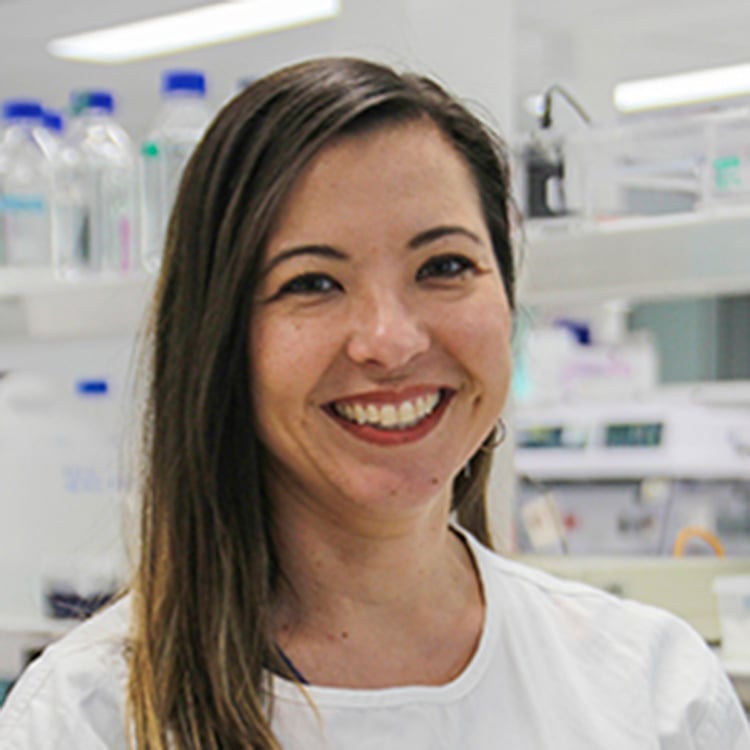Search
Research
Invasive fungal disease in children with solid tumors: An Australian multicenter 10-year reviewInvasive fungal disease (IFD) occurs less frequently during treatment for solid compared to hematological malignancies in children, and risk groups are poorly defined. Retrospective national multicenter cohort data (2004-2013) were analyzed to document prevalence, clinical characteristics, and microbiology of IFD.
Research
Chemotherapy increases amenability of surgical resection in congenital glioblastomaBrain tumors presenting in infancy, especially during the first 6 months of life.

Research
SNO-EANO-EURACAN consensus on management of pineal parenchymal tumorsPineal parenchymal tumors are rare neoplasms for which evidence-based treatment recommendations are lacking. These tumors vary in biology, clinical characteristics, and prognosis, requiring treatment that ranges from surgical resection alone to intensive multimodal antineoplastic therapy.
Research
EphA3-targeted chimeric antigen receptor T cells are effective in glioma and generate curative memory T cell responsesHigh-grade gliomas including glioblastoma (GBM) and diffuse midline gliomas (DMG) represent the most lethal and aggressive brain cancers where current treatment modalities offer limited efficacy. Chimeric antigen receptor (CAR) T cell therapies have emerged as a promising strategy, boasting tumor-specific targeting and the unique ability to penetrate the blood-brain barrier.
Research
Implementation of DNA Methylation Array Profiling in Pediatric Central Nervous System Tumors: The AIM BRAIN Project: An Australian and New Zealand Children's Haematology/Oncology Group StudyDNA methylation array profiling for classifying pediatric central nervous system (CNS) tumors is a valuable adjunct to histopathology. However, unbiased prospective and interlaboratory validation studies have been lacking. The AIM BRAIN diagnostic trial involving 11 pediatric cancer centers in Australia and New Zealand.
Research
Editorial: Bench to bedside: translating pre-clinical research into clinical trials for childhood brain tumorsNick Raelene Gottardo Endersby MBChB FRACP PhD BSc (Hons) PhD Head of Paediatric and Adolescent Oncology and Haematology, Perth Children’s Hospital;
Research
BRAF-mediated brain tumors in adults and children: A review and the Australian and New Zealand experienceThe mitogen-activated protein kinase (MAPK) pathway signaling pathway is one of the most commonly mutated pathways in human cancers. In particular, BRAF alterations result in constitutive activation of the rapidly accelerating fibrosarcoma-extracellular signal-regulated kinase-MAPK significant pathway, leading to cellular proliferation, survival, and dedifferentiation.
Research
A novel technique of serial biopsy in mouse brain tumour modelsHere we describe a method by which serial biopsy can be used to validate response to dacomitinib treatment in vivo using a mouse glioblastoma model
Research
The case for DNA methylation based molecular profiling to improve diagnostic accuracy for central nervous system embryonal tumors (not otherwise specified) in adultsWe report the case of a 45-year-old woman who was diagnosed with a NOS based on immunohistochemical analysis of the patient's tumor at diagnosis.
